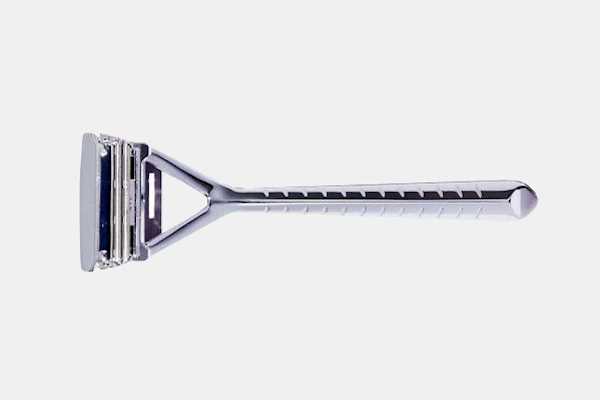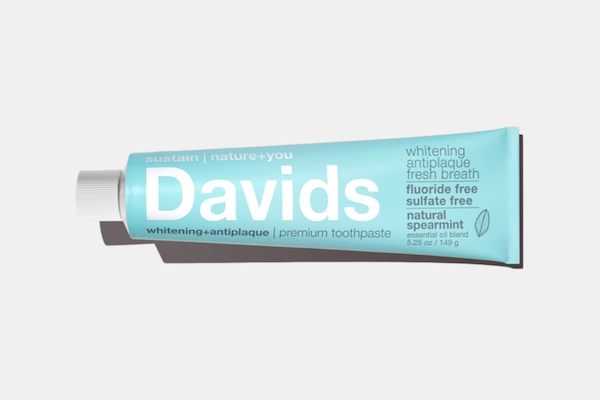Have you found yourself weighing your wallet against your conscience lately?
We get it — we’re all on a tight budget these days. And with money being tight, can you really justify the cost of all these eco-friendly products?
Well, here’s the thing — zero waste doesn’t have to be expensive. In fact, it shouldn’t be.
So in this article, we’re diving into how expensive zero waste really should be, why certain sustainable products cost more, and exactly how you can go zero waste on a tight budget.
Is Zero Waste Expensive?
The short answer is no – zero waste is not expensive. In fact, zero waste encourages you to buy less, and only things you will use for a long time. The aim of a zero waste lifestyle is to reduce waste, after all, and to move toward a circular economy where we make every purchase last.
And most people who go zero waste can report they actually live cheaper than they did before. So where does the misconception that zero waste is expensive come from?
Well, while the lifestyle itself is minimalistic, there are some sustainable products that come at a higher price tag than their conventional counterparts, making many people believe that going zero waste requires a hefty budget.
This, of course, isn’t the case – but why are sustainable products sometimes expensive?
Why Are Sustainable Products More Expensive?
There are some pretty natural explanations for why sustainable products are more expensive than conventional ones.
The first one is in the name itself – sustainable. Mainstream companies often cut corners to keep prices low, by disregarding workers’ safety, fair wages, and whether the materials they use are exhausting natural resources.
Most people who go zero waste can report they actually live cheaper than they did before.
In ethically produced products, on the other hand, companies make sure everyone’s paid fair wages – from sourcing the materials, to the production, to the shipping. The entire production chain is transparent and fair, and designed to leave as little impact on the planet as possible. It’s only natural that this costs more than products made with slave labor and cheap materials – you’re actually paying what materials and labor are worth.
Secondly, sustainable products are made to last longer, with high quality materials and functional designs. So while the initial investment is a little higher, in the long run it usually ends up being cheaper, because you don’t have to buy replacements as often. Reusable water bottles, for instance, can last for years – replacing countless plastic water bottles in the process.
But it’s also worth noting that not all sustainable products are expensive – there are plenty of eco-friendly solutions that cost about the same, or are cheaper, than their commercial counterparts.
Sustainable products are made to last longer, with high quality materials and functional designs.
Wooden toothbrushes, for example, aren’t much pricier than plastic toothbrushes. And while soap bars are slightly more expensive than liquid soap at the grocery store, they sometimes last ten times as long, saving you tons of money in the long run.
In other words, while zero waste products may seem expensive at first glance, they are long-term investments that will last you overtime. Still, that initial investment can feel hefty if you’re trying to save money – so, how can you go zero waste on a budget?
Top Tips for Going Zero Waste on a Budget
There are countless ways to live zero waste on a budget. But below, we’ve gathered our top tips to get you started.
1. Reduce What You Buy

A common trap for people new to zero waste is thinking that they need to get rid of everything they have and get new, sustainable products to replace them – out with the old, in with the new.
But while a fresh start feels great, ridding yourself of functional things just for the sake of it is actually the opposite of what you’re trying to do. Zero waste is all about buying only what you need, when you need it, and ultimately wasting as little as possible.
So instead, focus on making other zero waste changes – use up old creams and soaps, and reuse your old plastic bags for as long as you can. Save and clean old glass jars rather than buying new ones with fancy lids online. Not only will you save a lot of money, but you’ll be on your way to true zero waste living.
2. Buy In Bulk
While there are many things we can reuse and repurpose, there are some that we just can’t. Soaps, laundry detergent, food – anything refillable has a place on this list. Luckily, many of these items can be bought in bulk, and looking to buy as close to the source as possible can save you a lot of money.
Vegetables, for example, are often cheaper at farmer’s markets where you can buy directly from the farms the food comes from – this also cuts out transportation and can minimize packaging, which is another major plus.
If you live in a big city, there may be bulk-shops in your area – there are many zero waste shops that specialize in selling everything from seeds, oils, pastas and laundry detergent by weight and bulk. But you can also find some products in bulk online, so check what’s available where you live.
3. Shop Second Hand
Buying items second hand is a great way to save the money, and these days almost everything can be found second hand. There are countless online shops to compliment the physical ones in your area, as well as markets and trading with friends and family. So if something needs replacing, consider checking used options before clicking home something brand new.
And second-hand isn’t just great for you budget – it’s great for the planet. Zero waste is all about closing the loop, after all.
4. Don’t Make All Your Swaps at Once
Finally, let the zero waste journey take time – because as you shift to this new lifestyle, you’ll start forming new consumer habits. The longer you live zero waste, the more you’ll realize you don’t need as many things as you thought you did. So, if you go out and buy tons of sustainable products in a short period of time, you might actually end up throwing some of them away later on when you realize you never use them.
So, aim to make a slow transition part of the journey, rather than feeling stressed about all the swaps and changes you haven’t yet made. Starting with one area in your home before moving on to the next gives you time to reflect on what you actually need, rather than what you’re used to – and will save you money long-term.
What are your best tips for living zero waste on a budget? Let us know in the comments below!
Psst… Like this article? Check out our post about the importance of trees next.






